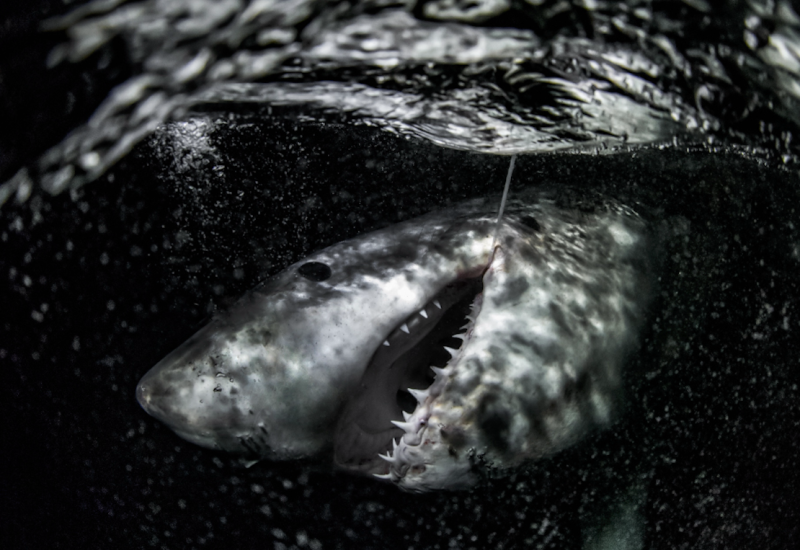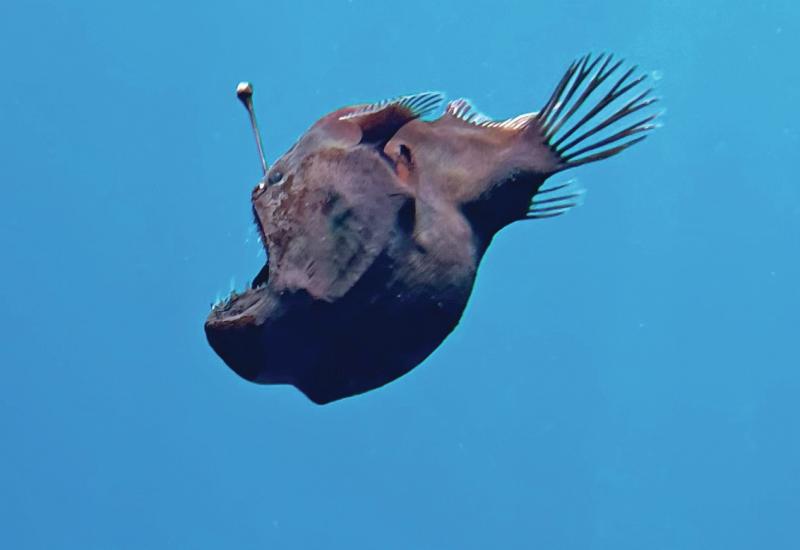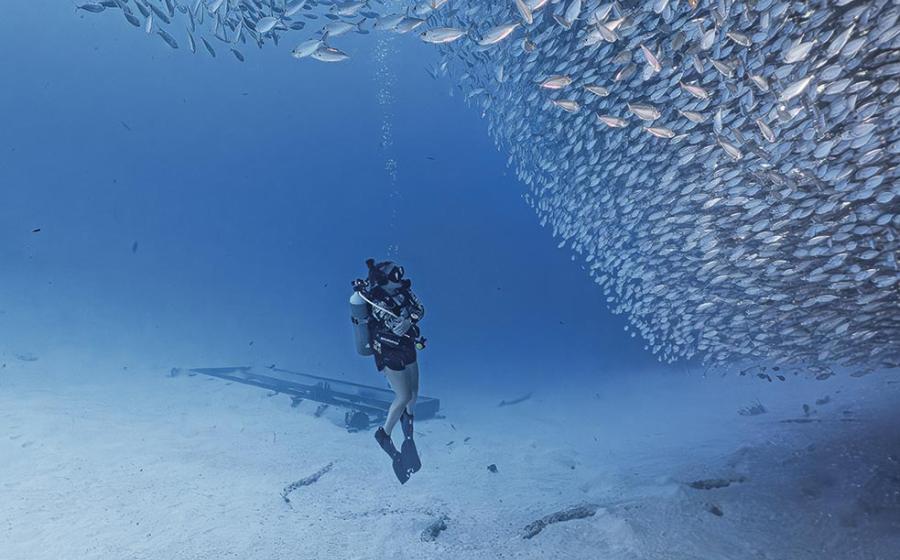7 Facts You Didn't Know About the Sea Cucumber
Sea cucumbers — of which there are more than 1,200 known species are probably more interesting than you once thought. Check out these seven facts about the life this ocean lump.

Jurgen FreundSea Cucumber: The Life of an Ocean Lump
1) Sea cucumbers feed on plankton, algae and decaying matter, using tentacles surrounding their mouth. They’re exported to Asia by the millions each year, where they’re consumed and used in medicine.
Related Reading: 8 Best Places to Go Kelp Diving

CB Images/ALAMYSea cucumber pictured releasing dense and sticky white filaments to entangle a potential predator.
2) These echinoderms have an elaborate defensive system. This includes releasing dense and sticky white filaments to entangle any would-be predator or expelling internal organs, which are then regenerated. Some also produce holothurin, a toxin lethal to many fishes.
3) Pearlfish — and other small animals — have been known to take advantage of the sea cucumber, using its rectum as a sanctuary from predators. Sometimes it’s a commensal relationship because the cucumber is not harmed, but some pearlfish behave parasitically, feasting on some of its internal body parts.
Related Reading: Sea Cucumbers: Everything There Is to Know

Ed Brown Wildlife/AlamySmall animals have been known to take advantage of the sea cucumber.
4) Sea cucumbers are nocturnal, meaning they are active during the night.
5) Most sea cucumbers are adapted to life on the seafloor, and although the number of species is high in shallow seas, they are also abundant in deep oceans. Below 15,000 feet, they make up 90 percent of life on the seafloor.
6) Sea cucumbers range in size, the smallest species can be as small as 0.12 inches while larger sea cucumbers can reach 3 feet long. ON average, sea cucumbers are between 3 and 12 inches long.
7) Sea cucumbers breather through their anus.










